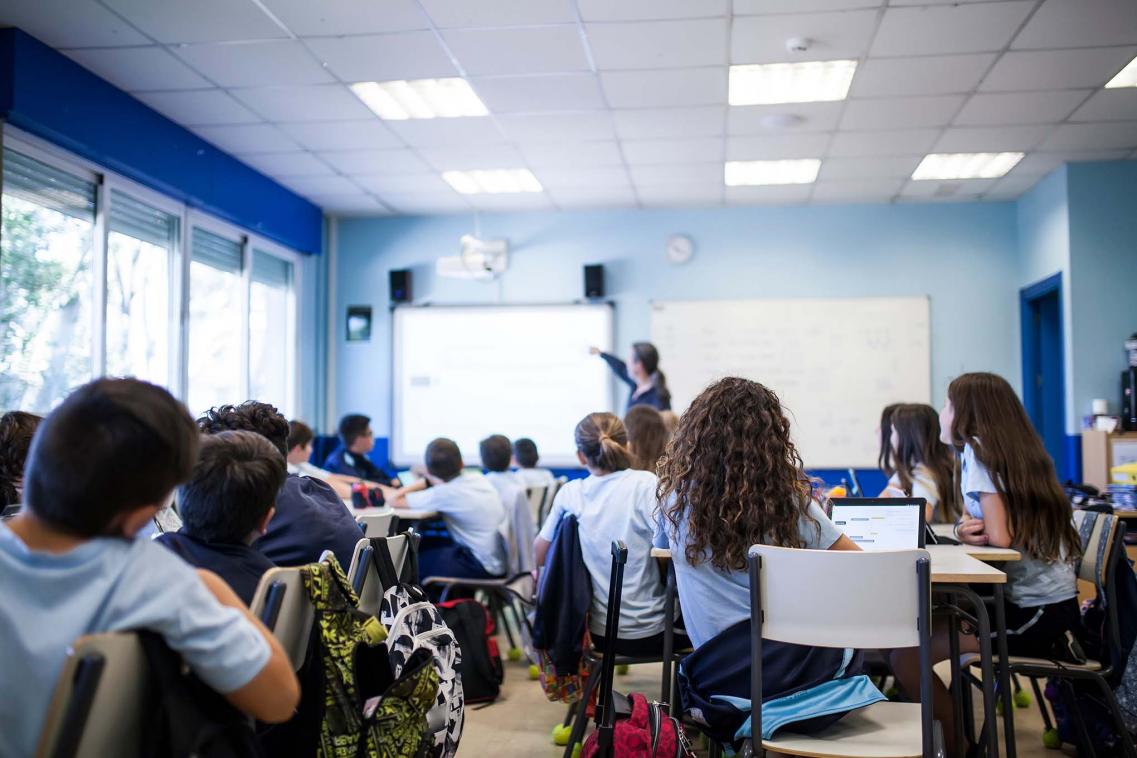Comment
All ethnic minority groups in England are now, on average, more likely to go to university than their White British peers. This is the case even amongst groups who were previously under-represented in higher education, such as those of Black Caribbean ethnic origin, a relatively recent change. These differences also vary by socio-economic background, and in some cases are very large indeed. For example, Chinese pupils in the lowest socio-economic quintile group are, on average, more than 10 percentage points more likely to go to university than White British pupils in the highest socio-economic quintile group. By contrast, White British pupils in the lowest socio-economic quintile group have participation rates that are more than 10 percentage points lower than those observed for any other ethnic group. These are amongst the findings of research undertaken by IFS researchers, funded by the Departments of Education and Business, Innovation and Skills (BIS), and published by BIS.







































